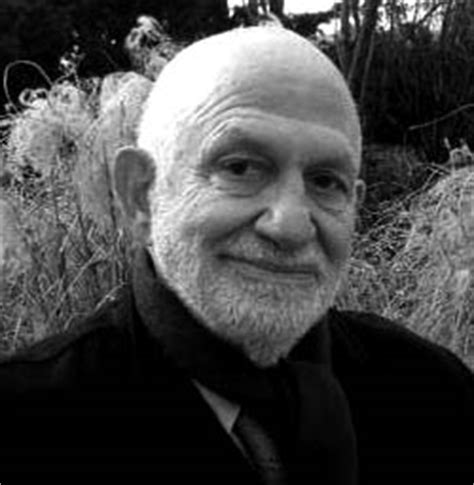A Quote by Norman Vincent Peale
The big question isn't whether you have problems; the all-important factor is your attitude toward problems. How you think of the problem is more important than the problem itself.
Related Quotes
The most dangerous thing that can happen to us, I think, is to permit a feeling to develop that any client is a problem. I have always taken the attitude that no account is a 'problem account' but that all accounts have important problems attached to them - that you can waste more time and burn up more nervous energy by fighting a problem than by taking a positive attitude and solving it. It sure gives you a nice, warm glow when you do.
We are more than our problems. Even if our problem is our own behavior, the problem is not who we are-it's what we did. It's okay to have problems. It's okay to talk about problems-at appropriate times, and with safe people. It's okay to solve problems. And we're okay, even when we have, or someone we love has a problem. We don't have to forfeit our personal power or our self-esteem. We have solved exactly the problems we've needed to solve to become who we are.
Addiction is more malleable than you know. When people come to me for therapy, they often ask me whether their behavior constitutes a real addiction (or whether they are really alcoholic, etc.). My answer is that this is not the important question. The important questions are how many problems is the involvement causing you, how much do you want to change it, and how can we go about change?
...methods are more important than facts. The educational value of a problem given to a student depends mostly on how often the thought processes that are invoked to solve it will be helpful in later situations. It has little to do with how useful the answer to the problem may be. On the other hand, a good problem must also motivate the students; they should be interested in seeing the answer. Since students differ so greatly, I cannot expect everyone to like the problems that please me.
The truth is few people “think” big and even fewer “play” big. Why? Because “big” often means big responsibilitie s, big hassles and big problems. They look at that “bigness” and shrink. They’re smaller than their problems. They back away from challenges. Ironically, they back themselves into the biggest problem of all ... being broke, or close to it.
How you look at a situation is very important, for how you think about a problem may defeat you before you ever do anything about it. When you get discouraged or depressed, try changing your attitude from negative to positive and see how life can change for you. Remember, your attitude toward a situation can help you to change it -- you create the very atmosphere for defeat or victory.
The book Dynamic Programming by Richard Bellman is an important, pioneering work in which a group of problems is collected together at the end of some chapters under the heading "Exercises and Research Problems," with extremely trivial questions appearing in the midst of deep, unsolved problems. It is rumored that someone once asked Dr. Bellman how to tell the exercises apart from the research problems, and he replied: "If you can solve it, it is an exercise; otherwise it's a research problem."
There has never been a merging of two lives where significant problems of daily living did not occur. One way or another, your relationship is going to be affected. The only question is how. There's a big difference between knowing and doing. It's not what happens between partners that determines the outcome of a relationship, it's how they handle what happens. If all you deal with in your relationship is problems, then you will have a problem relationship. If you want your pound of flesh with full acknowledgement that you're right, your future will be dim.




































